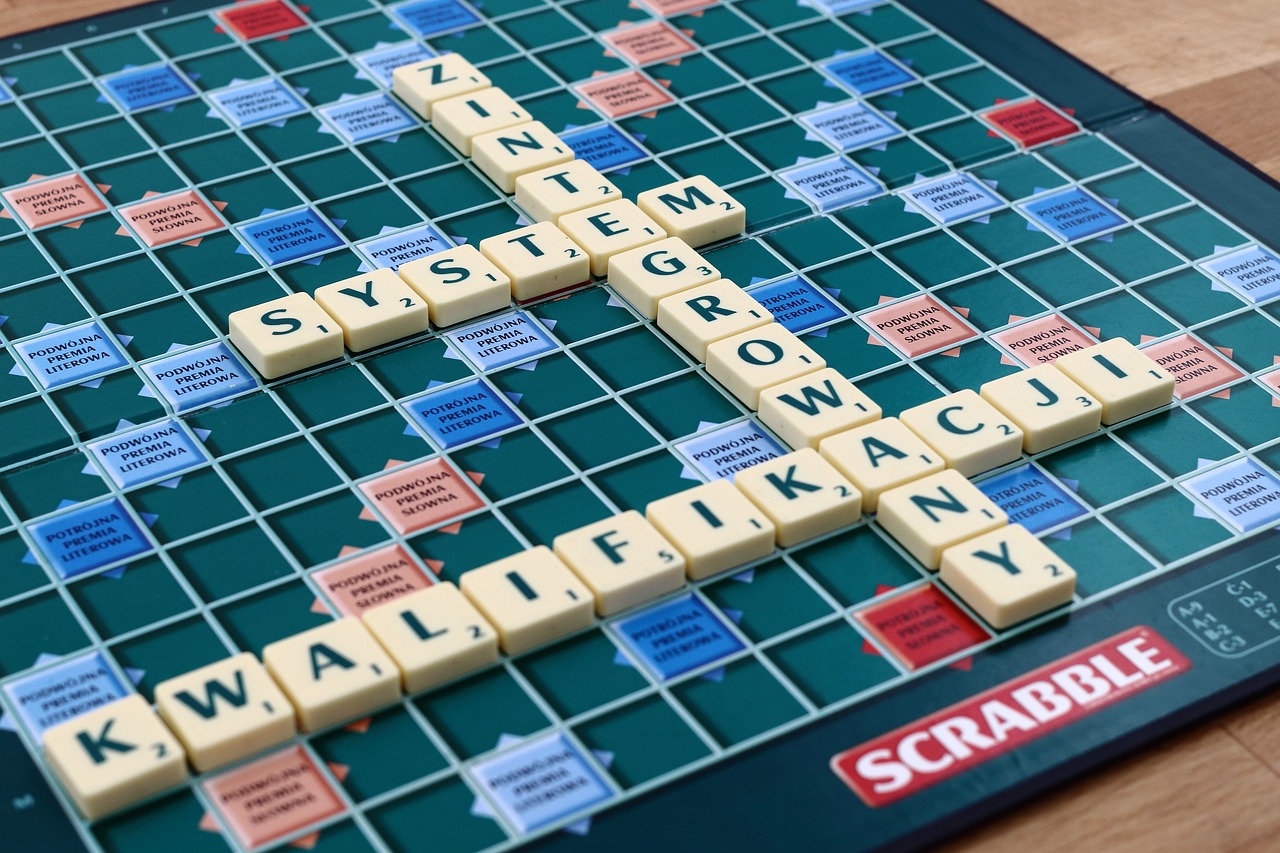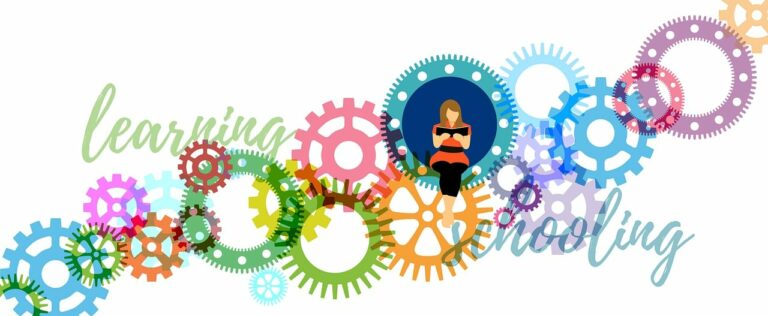The Role of Educational Consultants in STEM Integration
goldbet.com login, tigerexch247, betbook247 id:STEM education is becoming increasingly essential in today’s world, as technology and innovation continue to shape the way we live and work. However, integrating STEM (Science, Technology, Engineering, and Mathematics) subjects into the curriculum can be a daunting task for many schools and educators. This is where educational consultants specializing in STEM integration play a crucial role.
Who are Educational Consultants?
Educational consultants are professionals who provide guidance and support to schools and educators in developing and implementing effective teaching and learning strategies. They have expertise in various educational areas, including curriculum design, pedagogy, assessment, and professional development.
The Role of Educational Consultants in STEM Integration
1. Curriculum Development: Educational consultants help schools design and develop STEM-focused curriculum that aligns with state standards and learning objectives. They work closely with educators to create engaging and hands-on activities that promote critical thinking, problem-solving, and collaboration.
2. Professional Development: Educational consultants provide training and workshops to teachers on effective STEM teaching strategies and best practices. They help educators enhance their skills and confidence in teaching STEM subjects, leading to improved student outcomes.
3. Resources and Materials: Educational consultants assist schools in sourcing and selecting appropriate resources and materials for STEM education, including textbooks, software, and equipment. They ensure that educators have access to the necessary tools to deliver high-quality STEM instruction.
4. Classroom Observation and Feedback: Educational consultants observe teachers in action and provide constructive feedback on their STEM teaching practices. They help educators identify areas for improvement and offer guidance on how to enhance student engagement and learning outcomes.
5. Collaboration with Industry Partners: Educational consultants facilitate partnerships between schools and industry professionals to bring real-world experiences into the classroom. They connect educators with STEM experts who can provide guest lectures, mentorship, and hands-on projects for students.
6. Evaluation and Assessment: Educational consultants assist schools in evaluating the effectiveness of their STEM programs through data analysis and assessment. They help schools track student progress, identify areas of success, and make data-driven decisions to improve STEM education.
FAQs
Q: How can educational consultants help schools without a dedicated STEM program?
A: Educational consultants can help schools integrate STEM principles into existing subjects and activities, creating a more interdisciplinary approach to learning.
Q: What qualifications do educational consultants have?
A: Educational consultants typically have a background in education, with expertise in curriculum development, pedagogy, and assessment. Many consultants also have experience in STEM fields.
Q: How can schools benefit from working with educational consultants in STEM integration?
A: Schools can benefit from improved student engagement, enhanced teacher professional development, and increased student achievement in STEM subjects through working with educational consultants.
In conclusion, educational consultants play a vital role in supporting schools and educators in integrating STEM subjects into the curriculum. Their expertise and guidance help schools create engaging and effective STEM programs that prepare students for success in the 21st-century workforce.







